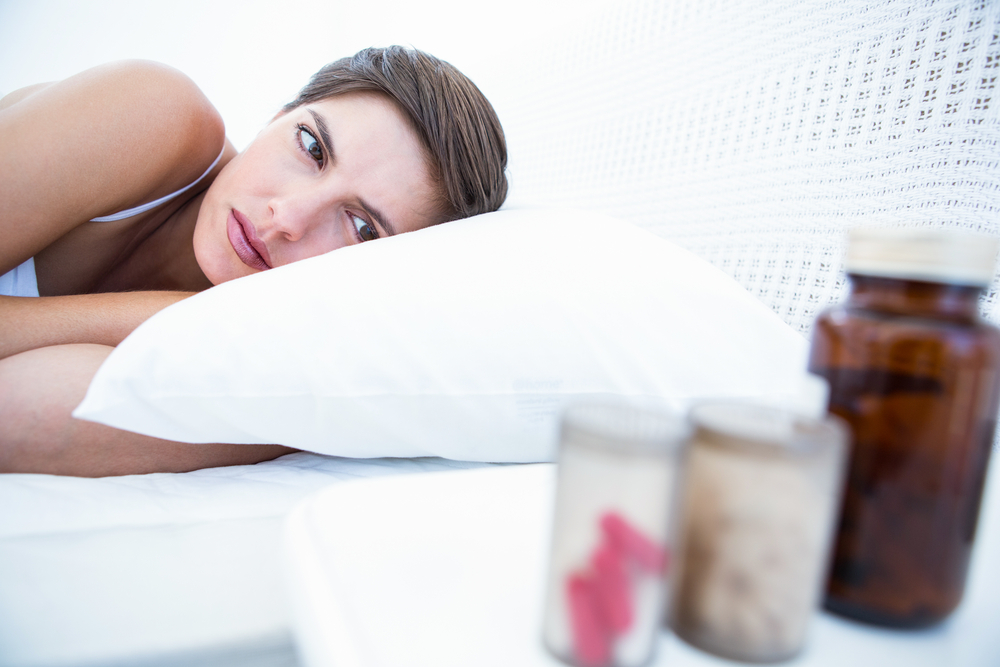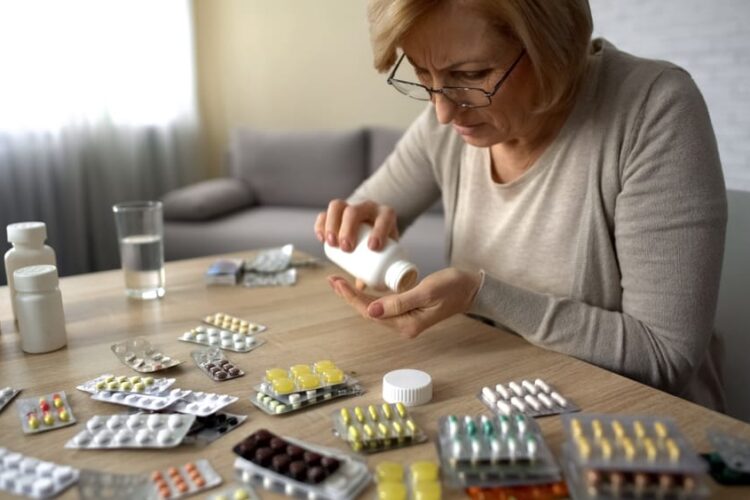
Addiction: Are there differences between the sexes?
Addiction does not recognise class, race, or gender it can grasp hold of anyone, at any time. No one chooses to be an addict, and there is no single reason why someone becomes one. It could be linked to a person’s genetics or to how or where they were raised. It may be a reaction to a traumatic event or series of events. Or it could simply be because they experimented and found they liked the effects.
Whatever the catalyst, once someone is in the grip of an addiction – whether it is to a substance like alcohol or drugs, or a behaviour such as gambling or sex – it is all-consuming, physically, and mentally.
Whilst addiction chooses its victims indiscriminately there have been some variations noted between the genders, both in their experiences and motivations for use. It is helpful to identify and understand these and to be able to consider them when it comes to seeking the best rehab and addiction treatment options available.

Men and addiction
- Men are more likely to become addicts
- Men are more likely to start using substances to be part of a group
- Men are more likely to abuse more than one substance
- Men are more likely to get treatment

Women and addiction
- Women are quicker to develop from misuse to addiction
- Women are more likely to be used to manage stress or trauma
- Women are quicker to suffer serious health complications
- Women are more likely to abuse drugs to lose weight
These observations are all generalisations and any addict seeking treatment needs to be evaluated as an individual.

Substance addiction: Men vs Women
Men are more likely to develop an addiction, but for women, it happens faster. This could be because men’s bodies have a stronger metabolism and can take more before becoming physically dependent, and women need much less to feel the effects.
In the past men were three times more prone to drug and alcohol abuse than women. In recent years, the gap between the sexes has shrunk significantly with the difference being less than half of what it was. And the gap looks to be closing even further in the new generation, with the rate of use being the same in boys and girls aged 12-20, with girls likely to start abusing substances at a younger age.
Historically women were more likely to obtain and misuse prescription medication, and men tended to drink more alcohol. This could be a cultural consequence as it was easier for women to go to a doctor for drugs, and more men went out down the pub. Nowadays prescription drug abuse is about level gender-wise, and women drink as often as men, if not in quite the same quantities.

Generally, men drink more than women; this could be more to do with the physiological (size) factors than anything else – women often need less alcohol to get drunk. However, female heavy drinkers will suffer serious and long-term health consequences much quicker than their male counterparts. Again, this could be attributable to the fact that women’s bodies and organs are, as a rule, smaller.
There are also differences in the reasons behind why men and women turn to substances in the first place. For men, it is a rite of passage to be out with the boys, and often peer pressure and drinking-related social experiences that starts them off. Whereas for women and girls it is far more common to find their use began because of trauma or a reaction to stress. Women are also more likely to suffer from additional mental health conditions such as anxiety, eating disorders, depression, and PTSD.
Whilst men struggle with seeking treatment for problems with sedatives, overall, they are more likely to seek and receive treatment for substance abuse. This could be attributed to the still high stigma that is attached to female addicts. Add in the obligations of children, work, and home which can all contribute to making it harder for women to get help for problems with drugs and alcohol misuse.

Addiction treatment options
It is always good to remember that no two addicts are the same, whatever their gender. Different people have unique experiences, and individuals may not conform to a specific using model or group. As a result, no two people will require the same treatment and care program.
When looking at addiction treatment options for yourself, or a partner, child, sibling, or friend – whichever gender, it is worth noting what facilities are available to treat co-occurring conditions such as anxiety, depression, eating disorders, and PTSD. A good rehab centre will have qualified staff on hand to address underlying conditions and look at the reasons behind why someone started or continues to use substances or behaviour as a way of making themselves feel better.

Rehab in Ibiza
Are you worried about your drinking and drug-taking? Is your obsession or compulsion taking over your life? Or maybe it is someone you love that has a problem.
Here at Ibiza Calm, our luxury residential rehab centre, we offer a range of therapies for the treatment of addiction, anxiety, depression, and other co-occurring mental health disorders. Our highly qualified team of doctors, therapists and counsellors will design for your care a bespoke personalised program, including talks, group and equine facilitated therapy, CBT and transcranial magnetic stimulation. For information on admissions contact [email protected]
Share this information, choose your platform!
Ibiza Calm mental health treatment – our clinical and therapeutic team
Ibiza Calm is a residential rehabilitation clinic, specialising in the treatment of addiction and mental health disorders; including alcoholism, drug addiction and prescription medicine dependency, behavioural and process addiction, depression, bipolar disorder, anxiety, OCD, codependency, eating disorders, and burnout. Our …
Loneliness – mental health, substance abuse, and addiction …
We are rapidly moving towards the end of the year and the holiday season is almost upon us. Which, for many, is a joyous time – parties and get-togethers with family, friends, colleagues. However, for some, it is not “the …
The Chemsex Drug Scene
The Chemsex Scene Combining drugs with sexual experience is something people have done since drugs and sex began. In many respects, sex is just one of a number of mechanisms through which it is possible to achieve a sense of …
Ageing and addiction
Figures published by the UK government’s Office for Health Improvement and Disparities (OHID), and the USAs National Institute on Alcohol Abuse and Alcoholism (NIAAA), both seem to indicate that there has been a rise in substance abuse in the elderly. …









